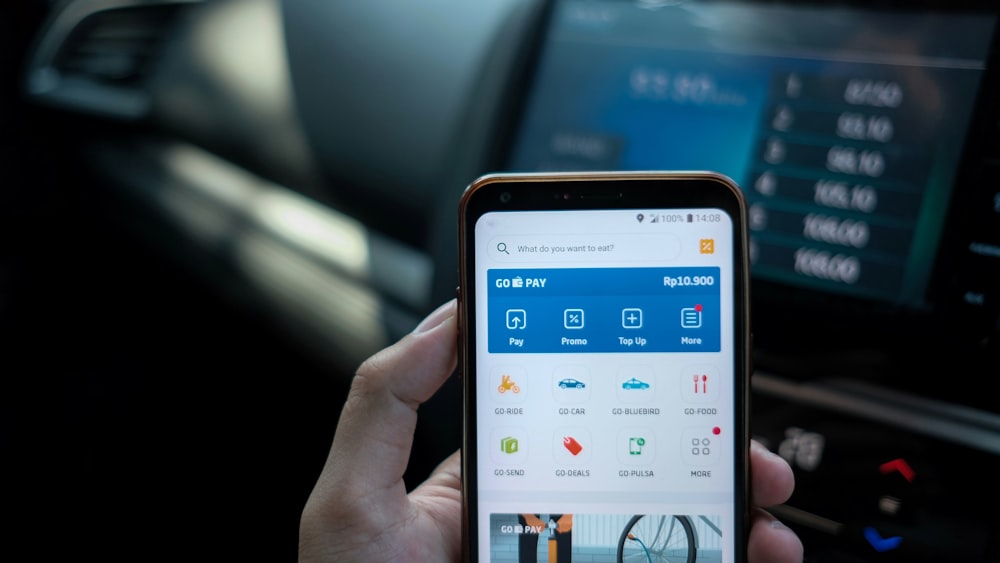Fintech in Southeast Asia is evolving at a remarkable pace, and it’s changing the way we interact with currency and the world. From peer-to-peer (P2P) financing to developments in InsurTech, key players are making moves and transforming the landscape of businesses across markets and countries. Here are some of the most recent movements from some of the significant players in fintech in Southeast Asia.
PolicyPal, Singapore pioneers online employee benefits process
With more than two-thirds of the country currently insured, Singapore is one of the foremost fintech world leaders in insurance and healthcare businesses. So, it’s no surprise that Singapore’s InsurTech industry is quickly improving the already existing insurance services available.
PolicyPal, one of the region’s leading InsurTech startups has been offering personal insurance including travel, motor, and personal accident insurance—as well as business insurance such as directors liability, group employee benefits, and cybersecurity insurance since 2016. In April this year, PolicyPal implemented PolicyPal Business, a pioneering business model for providing direct group insurance online. The digital portal functions to streamline the employee benefits purchase process for small and medium enterprises (SME), and more than 1,500 employees and startups are expected to benefit from the platform.
We explore new fintech trends and market leaders in Southeast Asia
PolicyPal Business’s model is revolutionary in its simplicity and accessibility. SME often encounter roadblocks and delays in obtaining direct group insurance through Traditional employee benefits processes. PolicyPal Business’s fully online platform allows HR and business owners to purchase employee benefits in three simple, straightforward steps: select a base plan, select add-ons, and proceed to purchase. Once payment is verified and received, employees are immediately insured with provisional coverage.
CapitalBay, Malaysia approved for P2P financing platform
CapitalBay is an award-winning Malaysian multi-bank supply chain finance platform founded in 2016. Among the five startups selected for Hong Leong Bank’s inaugural Launchpad programme, they specialise in short-term working capital financing, including invoice financing to SME across industries. Invoice financing makes it possible for business-to-business (B2B) suppliers to sell their invoices for cash upfront, allowing B2B buyers to defer payment due dates, and B2B suppliers to be paid earlier for their outstanding invoices. CapitalBay works with many SMEs who require smaller loans for shorter financing tenures, which banks and traditional lenders are usually unwilling to provide.
In May this year, CapitalBay received approval from the Securities Commission Malaysia (SC) to operate a peer-to-peer (P2P) financing platform. Before the SC’s approval, only banks and institutional funders were able to partake in high-quality financing deals. Now, through this initiative, retail investors are afforded the ability to participate in these financing deals as well.
Co-founder Ang Xing Xian says,
“With the P2P approval, we would like to invite investors to join us in our mission to provide smart and inclusive financing to businesses across Southeast Asia. This will enable businesses to grow and prosper, ultimately improving the livelihoods of the business owners, employees, and the community we all live in.”
CapitalBay projections deem their investors can expect double-digit annualised returns up to 18%.

AirPay, Thailand accelerates adoption of mobile payments
As the largest fintech segment in Thailand, payments represent 30% of the country’s fintech companies. Thailand, along with its Association of Southeast Asian Nations (ASEAN) peers has pushed for a cashless society with industry participants including government agencies, fintech companies, and financial institutions all working toward growing awareness and adoption of mobile payments.
AirPay, a significant player in the Southeast Asian payments industry, has evolved from its 2014 beginnings as an e-wallet in the Garena gaming community. Now AirPay is a major mobile wallet providing payment transactions for both physical and digital services, including utility bills, ecommerce, and phone credits. AirPay has two platforms for two different types of users—the AirPay app for those who are fluent in completing all types of transactions through their phones, and AirPay Counter for those who prefer a more traditional payments option with the feature to top up their AirPay ewallet at an internet cafe or convenience store through cash payment. Further, AirPay is in partnership with MasterCard to provide AirPay Card, a virtual prepaid card that can be used anywhere in the world where MasterCard is accepted.
Banks are embracing fintech in Southeast Asia
Most recently, AirPay announced its new partnership with InstaReM, one of the world’s fastest-growing digital cross-border payment companies. Together they will launch FX Payment, an international payments solution that may save customers high credit card processing fees. This development reflects AirPay’s key role in accelerating the adoption of mobile payments in Thailand and the world.
Southeast Asia is undoubtedly one of the most exciting and innovative regions in the current fintech world. With Singapore leading the insurance market on all fronts, CapitalBay setting up opportunities to strengthen SME, and AirPay as a global option from the largest fintech segment in Thailand, fintech in Southeast Asia is transforming the markets, expanding people’s lives and opportunities.
